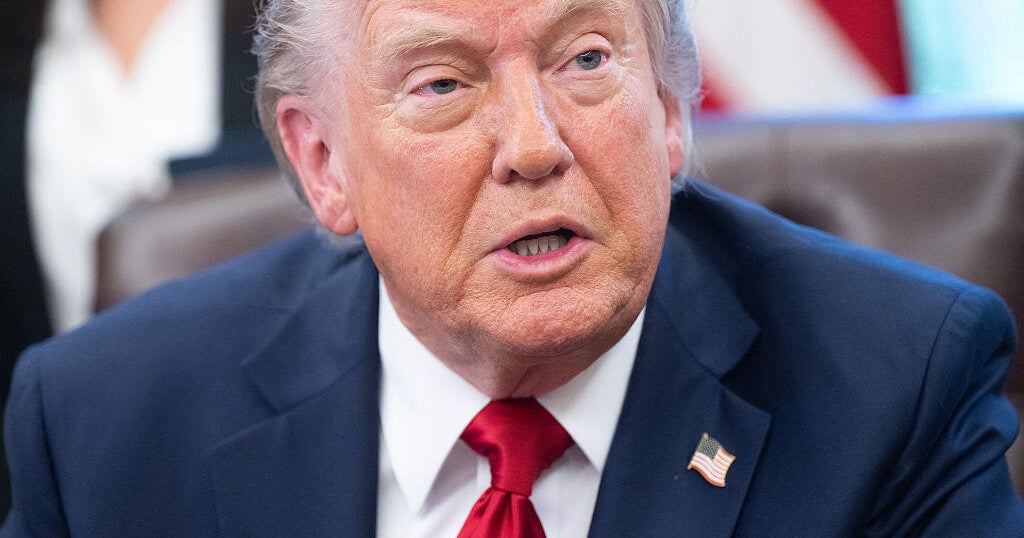Key takeaways:
- Twelve states have filed a lawsuit against President Trump’s tariff policy, claiming it disrupts the constitutional balance of power and undermines Congress’ authority to regulate foreign commerce.
- The lawsuit, led by Arizona and Oregon’s Attorneys General, seeks to stop the enforcement of tariffs imposed under a wartime law, arguing that this application is unlawful.
- The plaintiffs argue that the tariffs are based on presidential discretion rather than legal authority, causing economic uncertainty, and request the court to declare them illegal.
Twelve states have initiated a legal challenge against the tariff policy implemented by President Donald Trump, arguing that it disrupts the constitutional balance of power. The lawsuit, filed in the U.S. Court of International Trade in New York, contends that the tariffs undermine Congress’ authority to regulate foreign commerce. The states assert that the policy has introduced instability into the American economy.
The legal action is spearheaded by Arizona Attorney General Kris Mayes and Oregon Attorney General Dan Rayfield. The lawsuit seeks to halt the enforcement of the global tariffs, which were imposed under a wartime law that allows the president to oversee trade during a state of emergency. The states involved in the lawsuit argue that this application of the law is unlawful.
The plaintiffs claim that the tariff policy is driven by the president’s discretion rather than established legal authority. They argue that the president’s ability to impose tariffs on various goods for reasons deemed convenient has led to economic uncertainty. The lawsuit requests the court to declare the tariffs illegal and prevent government agencies from enforcing them.
This legal challenge reflects ongoing debates about the scope of presidential powers in trade matters. The outcome of the lawsuit could have significant implications for the balance of power between the executive branch and Congress in regulating international commerce.



Be First to Comment